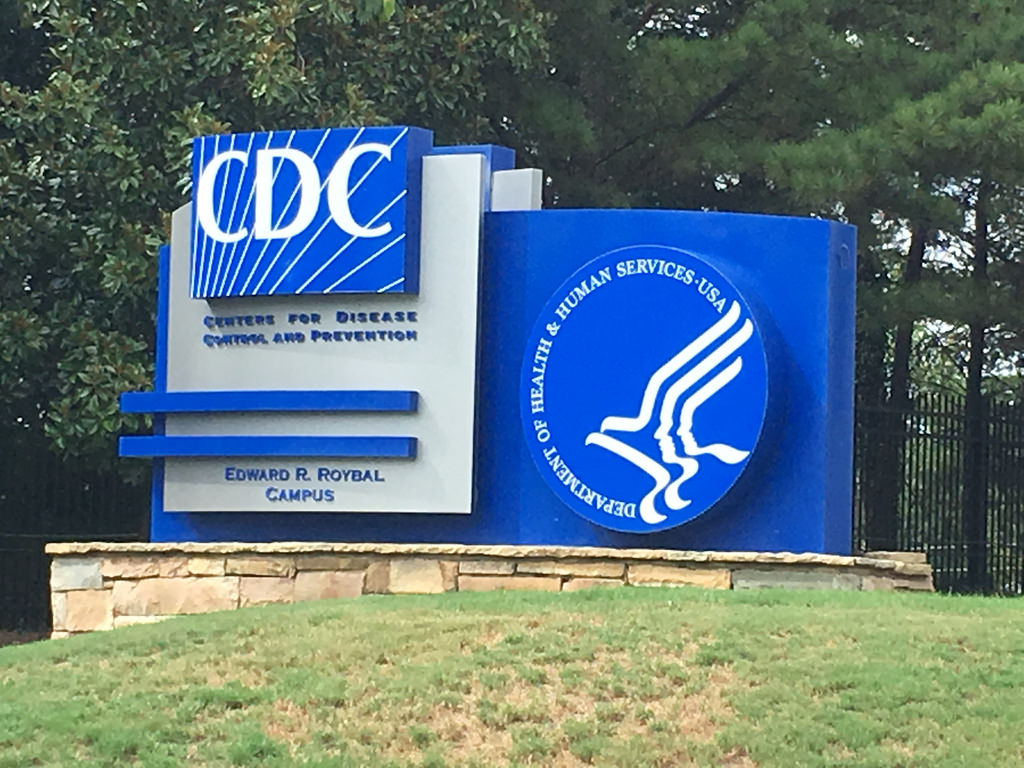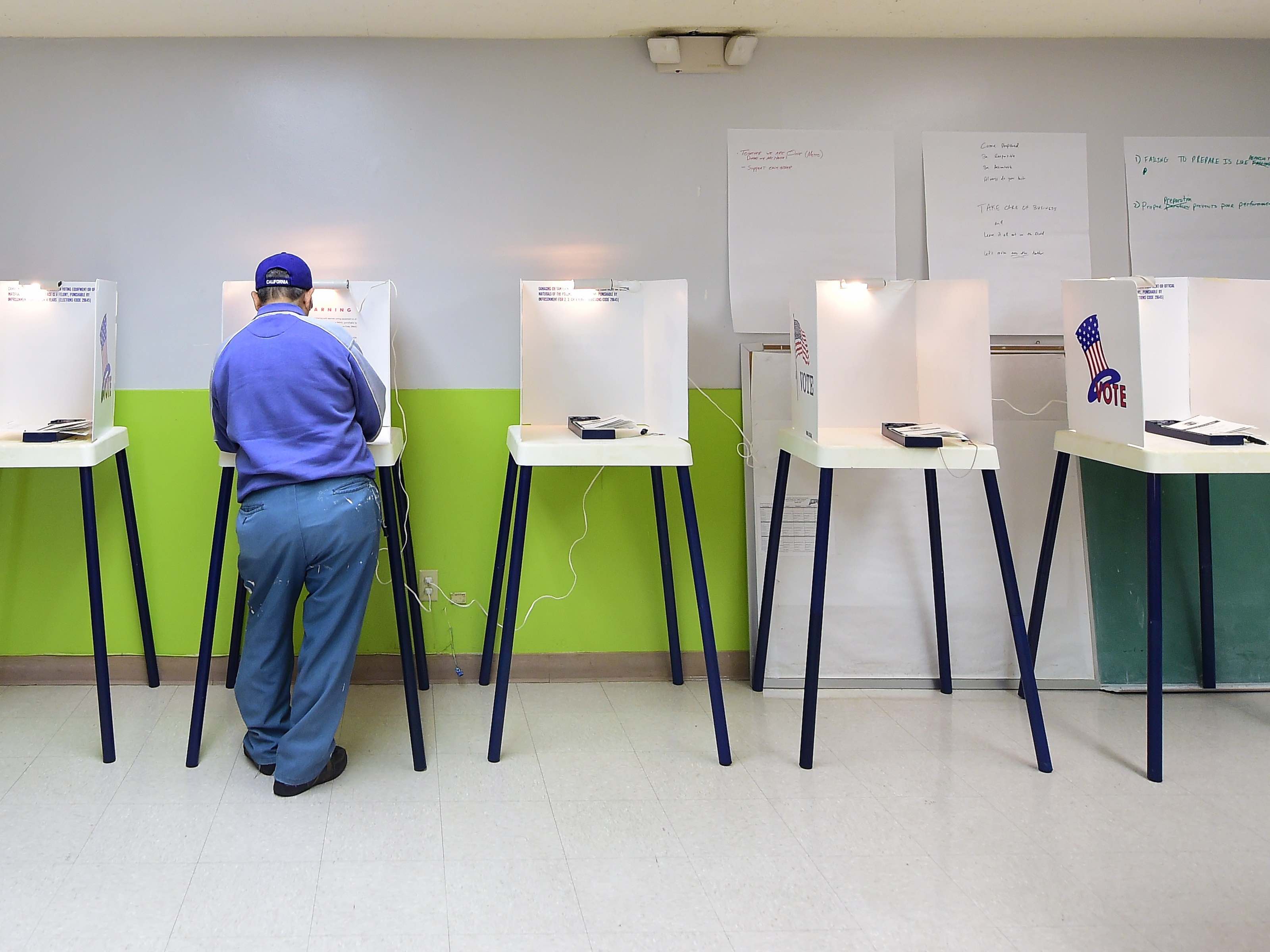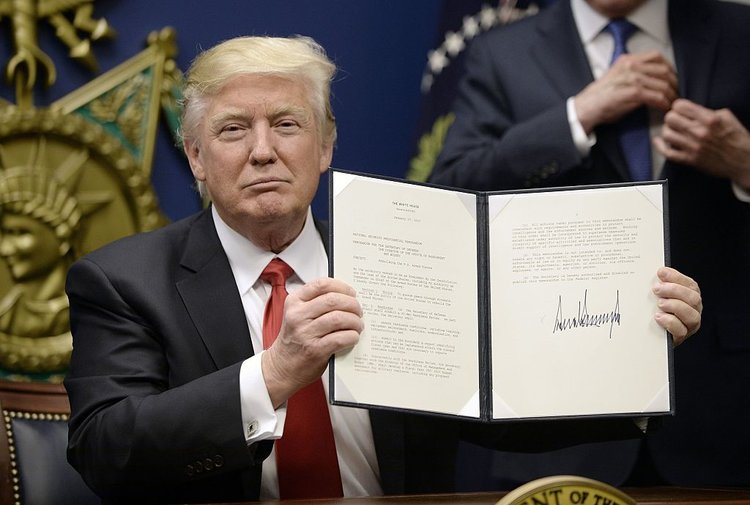
by Cassandra Dula | Feb 22, 2018 | Ohio State University
In December of 2017, several news reports – the first of which was the Washington Post – alleged that the Centers for Disease Control had enacted a “ban” on seven words in budgeting documents that were heading to Congress for approval. The words included...

by Kennedy Inman | Feb 20, 2018 | Georgia State University
Trump. A name that is synonymous with orange skin, red hats, and many opinions, especially on military parades and immigration. Chávez. A lesser known name when he began, yet became the leader of Venezuela through a socialist party after serving in the military and...
by Ricky Rios | Feb 20, 2018 | Skidmore College
U.S. democracy is changing, as do people, but is it really eroding? This is the essential question that inspires the work conducted by Bright Line Watch (BLW). The initiative is a collaboration between professors from Yale, Dartmouth, and University of Rochester,...

by Mackenzie Patrick | Feb 20, 2018 | Ohio State University
Free and fair elections are the cornerstone of democracy. This belief is widely accepted by both academic political theorists and most U.S. citizens. However, a critical look at the 2016 election reveals increasing questionable election practices. Unfair election...

by Thomas Baumgarten | Feb 18, 2018 | Ohio State University
Some may argue that Trump’s use of the executive order is responsible for the erosion of democracy by eliminating the system of checks and balances that are in place. I will argue that the necessary checks and balances are still in place, and that they will continue...







